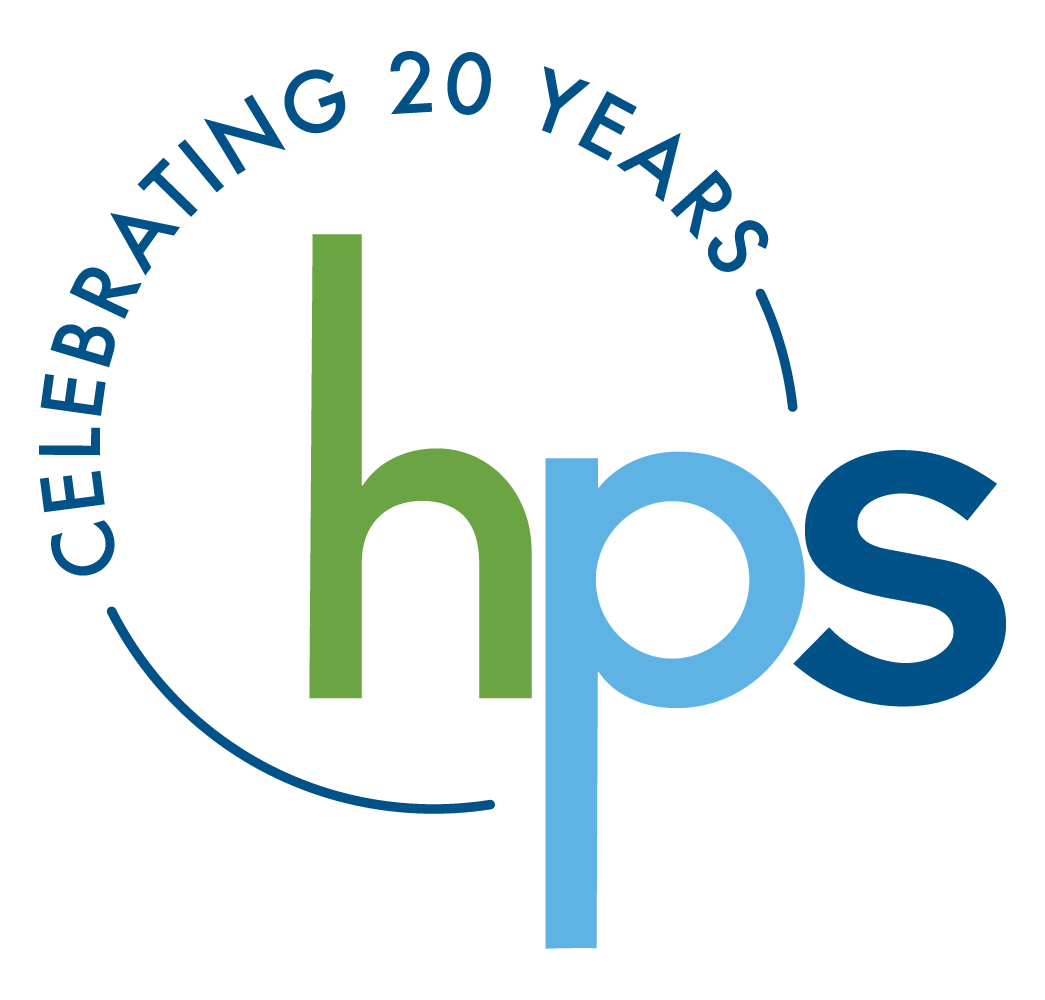Healthcare Providers and Healthcare Institutions Receive Limited Liability Immunity for COVID-19 Treatment
Healthcare Providers and Healthcare Institutions Receive Limited Liability Immunity for COVID-19 Treatment
On April 1, 2020, Illinois Governor J.B. Pritzker declared in an Executive Order that Health Care Facilities, Health Care Professionals, and Health Care Volunteers are immune from civil liability for any injury or death that allegedly arises from providing assistance to the State in response to the COVID-19 outbreak. Under the Order, licensed health care professionals are included in the definition of Health Care Professionals, and eligible institutions (e.g. hospitals, state operated developmental centers, federally qualified health centers) are included under Health Care Facilities. The immunity applies during the pendency of the Gubernatorial Disaster Proclamation. If it is established that the injury or death was caused by gross negligence or willful misconduct, immunity does not apply.
Many states across the country have issued similar orders1 or guidance extending liability protections to workers and hospitals that are involved in the response to COVID-19. Indiana recently issued guidance on an existing law which states that healthcare facilities and individuals that provide services in response to the COVID-19 disaster emergency cannot be held civilly liable for care provided in response to the emergency. The Governor of Connecticut declared in an Executive Order that health care professionals and health care facilities are immune from suit for civil liability for acts and omissions administered in good faith while providing health care services in response to COVID-19.
On the federal level, the Department of Health and Human Services (HHS) and Congress have focused their liability protections on licensed health care professionals and volunteers. The recently passed Coronavirus Aid, Relief, and Economic Security (CARES) Act limits State and Federal liability for qualified volunteer health care professionals who provide health care services in response to the COVID-19 public health emergency. Immunity does not apply if the harm was caused by acts of willful or criminal misconduct, gross negligence, reckless misconduct, or a conscious flagrant indifference to the rights or safety of the individual harmed. Immunity also does not apply if the health care professional was under the influence when rendering the health care services. These liability protections went into effect after the CARES Act was signed into law on March 27, 2020, and will only apply for the length of the COVID-19 public health emergency declared by Secretary Alex Azar of HHS.
HHS is providing broad immunity under the Public Readiness and Emergency Preparedness Act (PREP Act) for Medical Countermeasures Against COVID-19. The PREP Act provides liability immunity to specific individuals and entities (Covered Persons) for any claims of loss that arise from the manufacture, testing, development, distribution, administration, or use of certain medical countermeasures (Covered Countermeasures) against COVID-19. Although health care institutions do not qualify as Covered Persons, eligible licensed health professionals are entitled to the immunity under the Act as a “Qualified Person.” A Qualified Person can prescribe, administer, or dispense Covered Countermeasures. The Covered Countermeasures recognized in HHS’ Declaration include “any antiviral, any other drug, any biologic, any diagnostic, any other device, or any vaccine used to treat, diagnose, cure, prevent, or mitigate COVID-19 . . . “2 Claims that involve willful misconduct as defined in the PREP Act are not eligible for liability immunity. Secretary Azar signed the declaration on March 10, 2020, but it is effective retroactively back to February 4, 2020, and lasts through the final day of the emergency Declaration that is in effect, or until October 1, 2024.
These state and federal immunity protections are timely considering the ongoing need to increase available COVID-19 healthcare workers across the country. In Illinois, the Illinois Department of Financial and Professional Responsibility (IDFPR) recently granted several Variances that allow qualified Illinois licensed practical nurses, registered professional nurses, advanced practice registered nurses, respiratory care therapists, physician assistants, and physicians to restore their inactive, non-renewed, or expired Illinois licenses. Moreover, IDFPR released a proclamation that allows eligible out of state physicians, nurses, physician assistants, and respiratory care therapists that are in good standing to provide treatment to Illinois residents in response to the COVID-19 outbreak.3 To ensure the impacted licensees are assisting in the response to the COVID-19 disaster, IDFPR’s authority under the Variances and Proclamation is limited to licensed professionals working under the direction of the Illinois Emergency Management Agency and Illinois Department of Public Health. The granted Variances and order are effective until September 30, 2020.
1. All known to date Executive Orders from each State’s response to the COVID-19 pandemic can be found here.
2. Covered Countermeasures must fall under one of the following categories as they are defined in the PREP Act, the FD&C Act, and the Public Health Service Act: 1) qualified pandemic or epidemic products, 2) security measures, or 3) drugs, biological products or devices authorized for investigational or emergency use.
3. Out of state licensees are subject to all provisions of the Medical Practice Act and its Rules, the Nurse Practice Act and its Rules, the Physician Practice Act and its Rules, and the Respiratory Care Practice Act and its Rules as applicable relating to standards of care.


